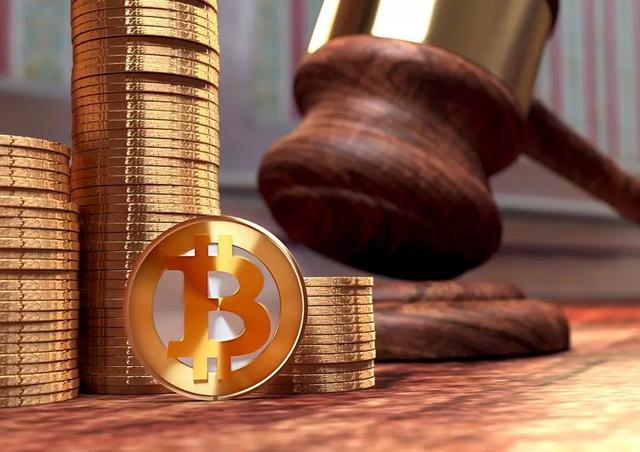Blockchain supervision has a major event in one day

Within a day, major news came from crypto regulation in the U.S. , South Korea and the new three countries. The U.S. Congress is drafting the 2020 Crypto Token Act to clearly regulate federal agencies that regulate digital assets. Singapore began to officially open applications for crypto trading licenses in January 2020. A public debate will be held in January 2020 to determine whether the government's strong restrictions on crypto tokens are unconstitutional.
On December 19, Forbes published an article stating that the US Congress is drafting and discussing the 2020 Crypto Bill, which aims to clarify which federal agencies can regulate digital assets. The preliminary review of the bill includes:
1. Assign the definition of "Federal Digital Asset Supervisory Authority" or "Federal Crypto Regulatory Authority" to three agencies: the Commodity Futures Trading Commission (CTFC), the Securities and Exchange Commission (SEC), and the Financial Crimes Enforcement Network (FinCEN).
- Double spend attempts on the BCH network are frequent, and about 10% of double spend transactions are confirmed
- Zhu Jiaming: Wall Street, Silicon Valley, WTO and IMF are declining, and hard technology has developed into a direct promoter
- Is the integrated CBDC the third type of digital currency in the central bank?
2. Dividing digital assets into three categories: crypto tokens, crypto commodities and crypto securities.
3. The Federal Crypto Regulatory Agency is defined as the only government agency authorized to regulate the following: CFTC-encrypted commodities; SEC-encrypted securities; FinCEN-encrypted tokens.
4. Each federal crypto regulator is open to the public and kept up-to-date to list all federal licenses, certifications, or registrations required to create or trade digital assets.
5. The US Treasury Secretary establishes rules similar to financial institutions through FinCEN to track the ability of crypto transactions.
According to the contents of the preliminary disclosure of the bill, CFTC, SEC and FinCEN are also expected to be selected. They correspond to three types of digital tokens, that is, the SEC regulates encrypted securities, the CFTC regulates encrypted commodities, and the FinCEN regulates encryption. Token.
On December 18, the Monetary Authority of Singapore (MAS) announced the latest "Payment Service Provider License Application Guidelines" on its website. The Monetary Authority of Singapore announced that it will officially implement the Payment Service Act from January 28, 2020. ), According to the bill, all exchanges must submit application filing documents before February 27, 2020, and MAS has clearly stated that it will not accept any overdue applications. In addition, the Monetary Authority of Singapore also announced the latest "Payment Service Provider License Application Guide" through its website and uploaded 4 sample license application forms. The implementation of the Act means that all digital asset exchanges, wallets and OTC platforms are service providers related to payment tokens (including BTC, ETH, etc.), and must meet relevant anti-money laundering regulations and apply for corresponding licenses to operate in compliance .
The news from South Korea is more interesting. Media reports said that the South Korean Constitutional Court will hold a public debate on January 16, 2020 in response to the high-intensity restrictions imposed by the South Korean government to quell the cryptocurrency craze. In fact, the lawsuit was filed as early as the end of 2017. A law firm appealed the government's regulatory rules, arguing that the supervision of transactions through administrative guidance has no legal basis and infringes property rights, but the possibility of successful litigation is remote.
From a global perspective, after years of exploration of crypto assets, it has become increasingly clear that the paths chosen by various countries (regions) around the world are also converging. As more and more regulatory explorations are made, compliance has become irreversible. As the industry gradually standardizes, it is believed that the future will also shine.
We will continue to update Blocking; if you have any questions or suggestions, please contact us!
Was this article helpful?
93 out of 132 found this helpful
Related articles
- Explore ETH 2.0: How is cross-chip communication handled?
- Introduction to Blockchain | How does the alliance chain work, and what are the advantages and disadvantages?
- Ripple completes $ 200 million Series C financing, valuation reaches $ 10 billion
- French financial market regulator approves first ICO application after updating rules
- Thailand will launch blockchain electronic visa application to improve the security and speed of visa applications
- Ernst & Young report: 75% of surveyed companies intend to use the public chain, interoperability is the core issue of the license chain
- Cobo Liu Lixin, BITHD Fruit: Open source is the development trend of hardware wallets | Chain Node AMA






